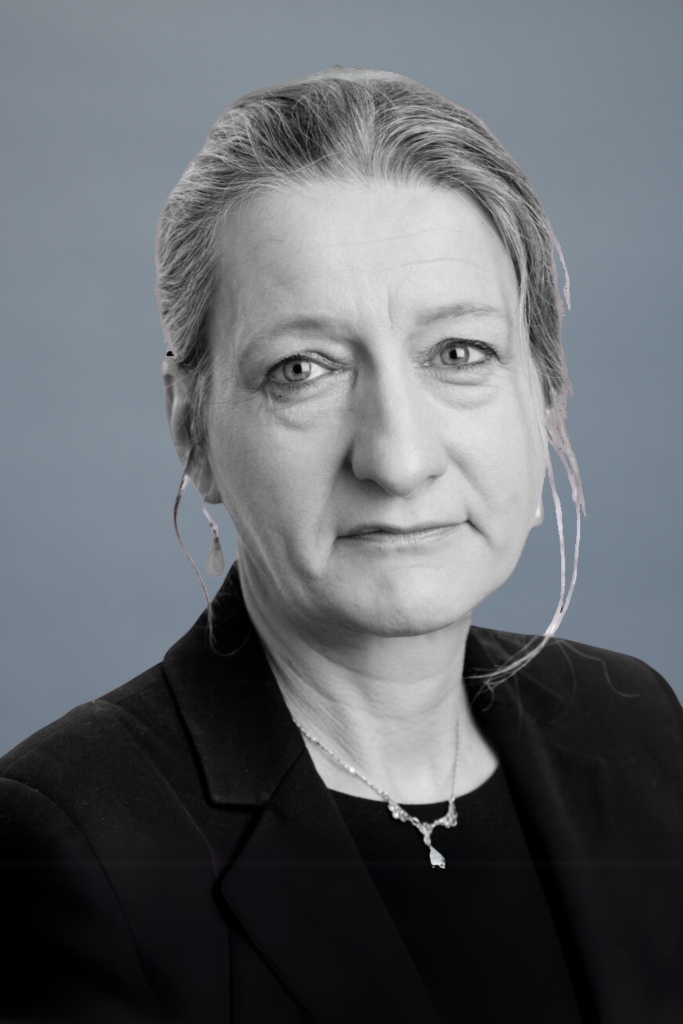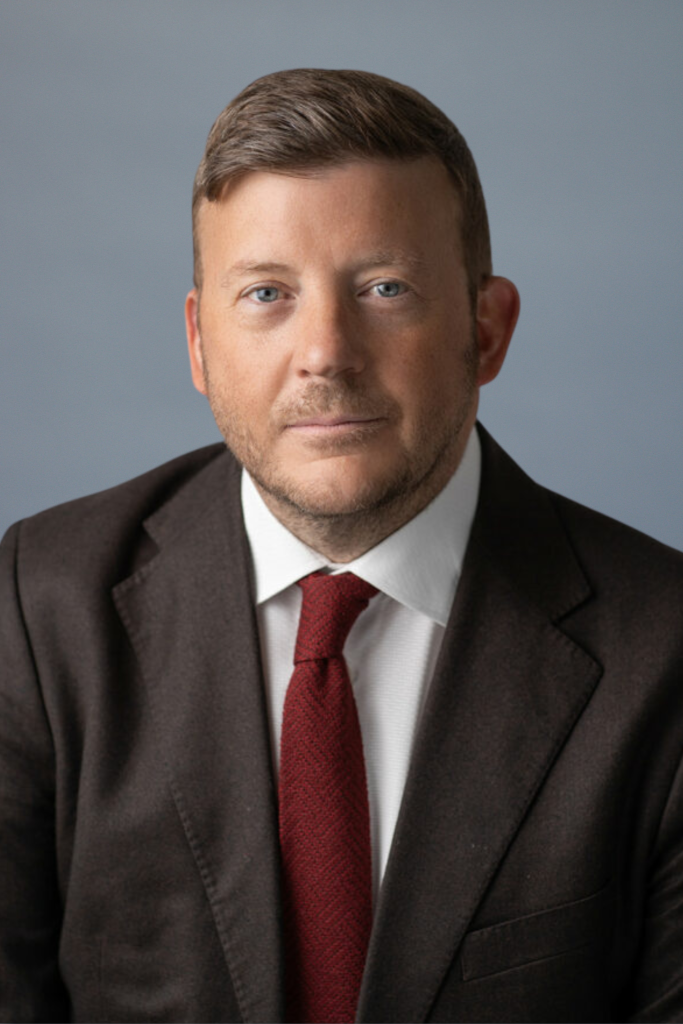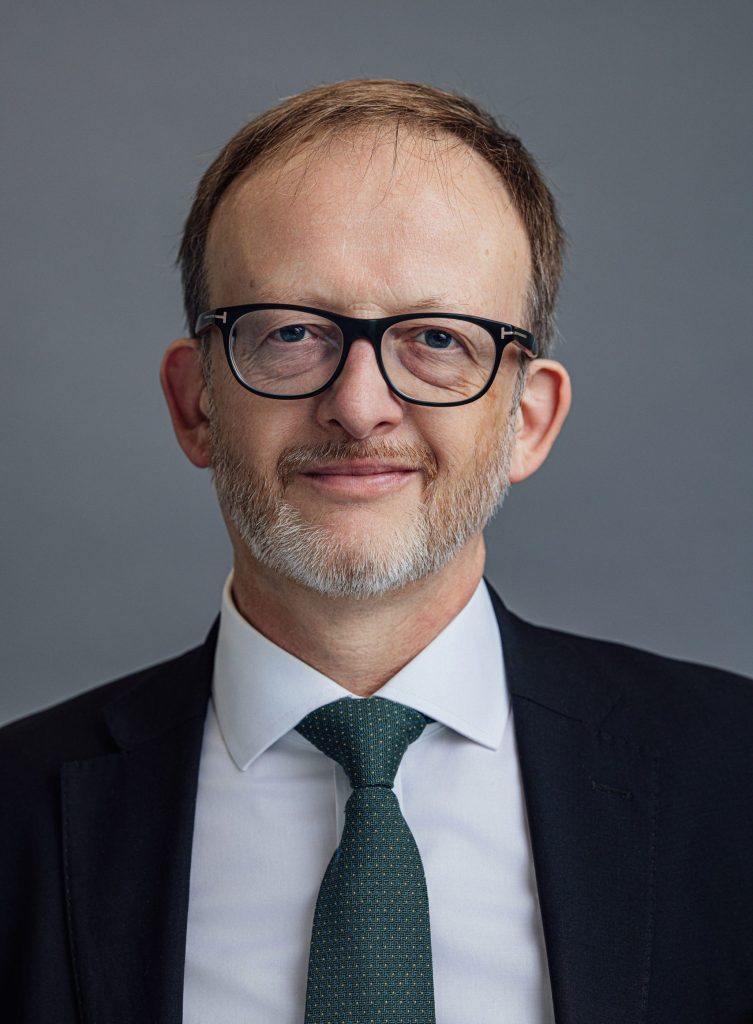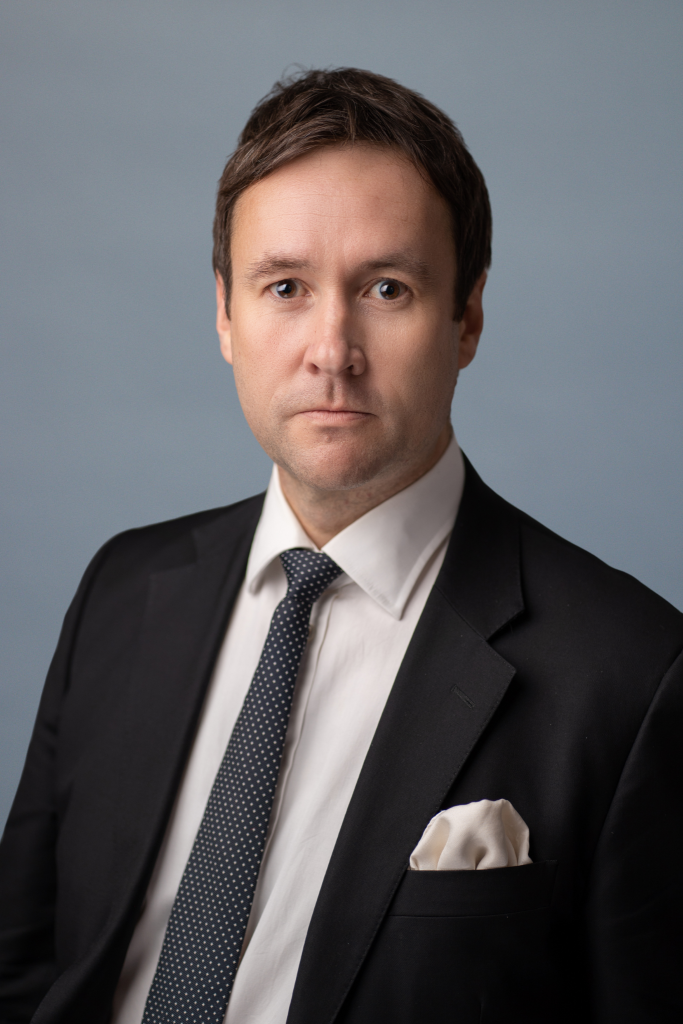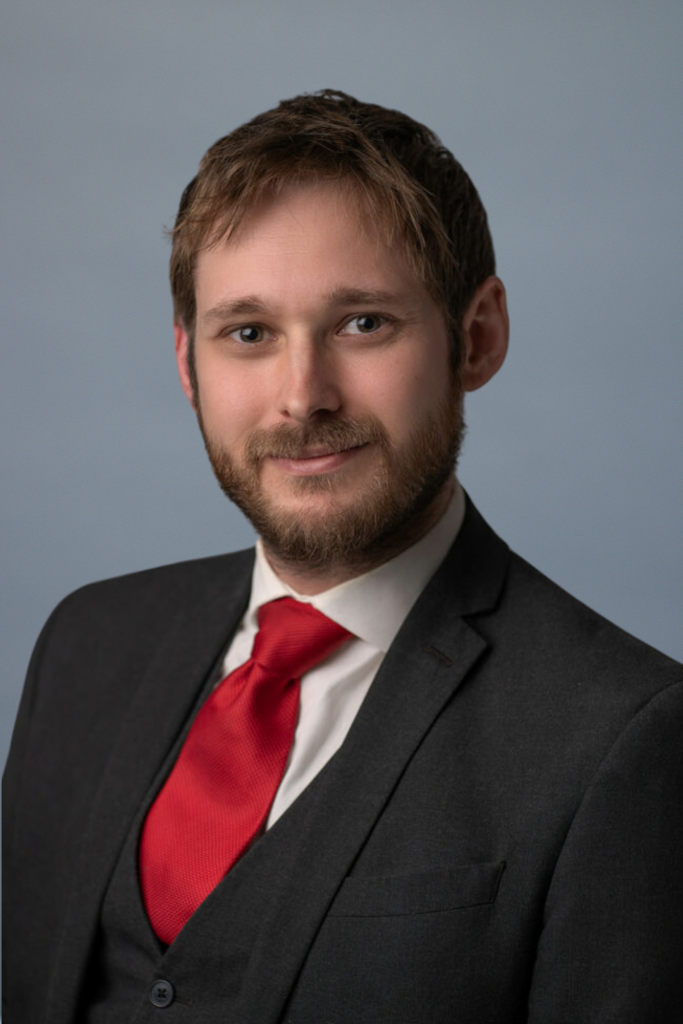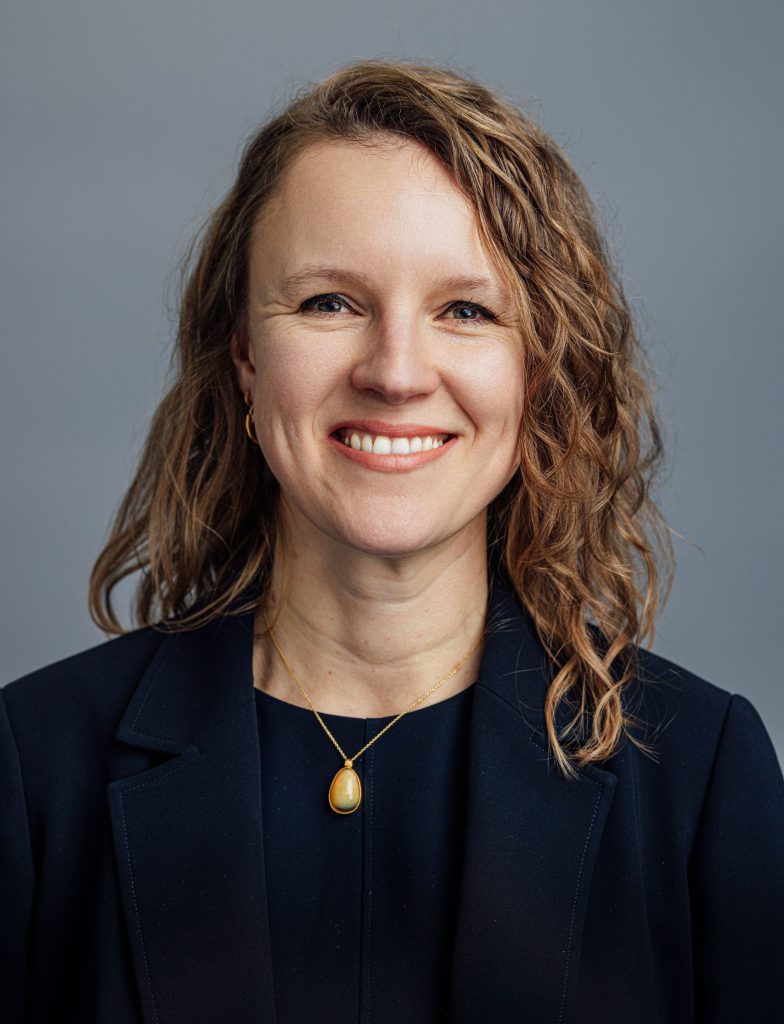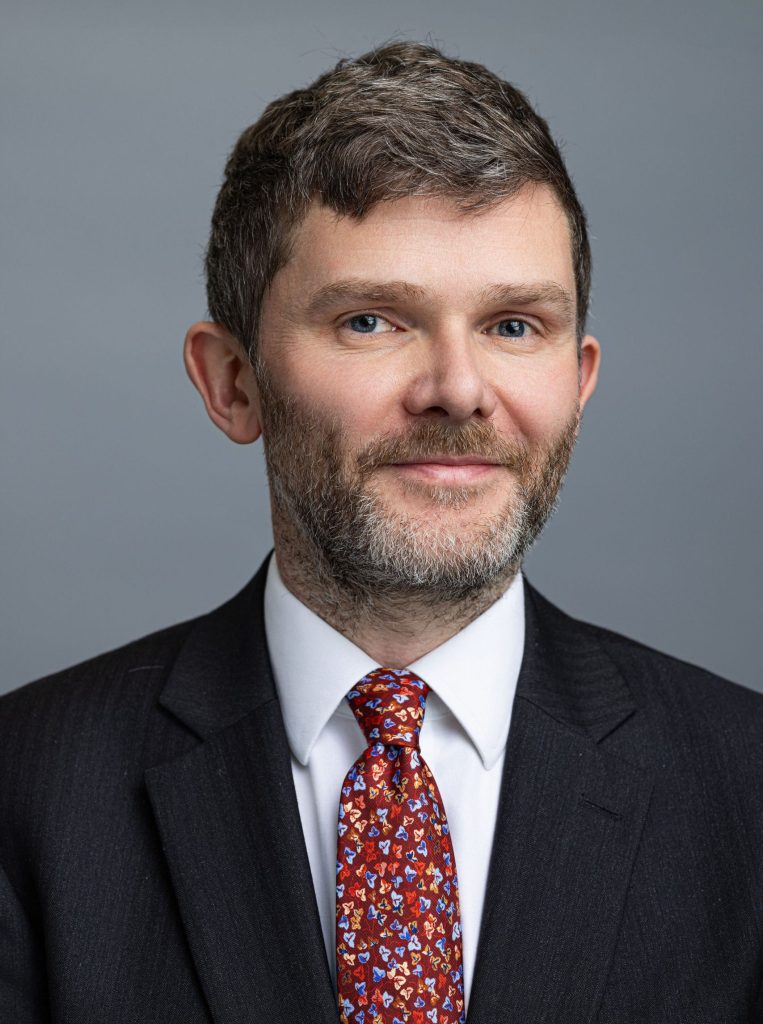Asylum and International Protection
We act for those who fear returning to their country because of their race, religion, nationality, political opinion, or membership of a particular social group, to make the case for their recognition as a refugee ( “asylum”) in the UK. We act for those at risk of serious harm for another reason, who may be entitled to humanitarian protection. The process is complex and often emotionally challenging for clients, and we advise on evidence and timely action, and provide focused legal argument.
Our immigration team barristers have many years of experience representing clients seeking protection from countries and conflicts all around the world. We have deep understanding of the applicable UK, European and international legal regimes. We act in “country guidance” cases, considering the need for asylum for people from particular countries, and groups in those countries, and in appeals in the First-tier and Upper Tribunals and higher courts. We have acted in many cases clarifying the law in the Court of Appeal and Supreme Court. We are known for our persuasive advocacy, and our compassionate, client-focused approach.
One Pump Court’s immigration team barristers are all public law specialists and at any one time are instructed in hundreds of international protection-related judicial reviews. These include judicial reviews of age assessments, refusals to accept fresh claims for asylum, “certification” (denial of appeal rights) of asylum cases on the basis that the claim is “clearly unfounded,” certification of claims as inadmissible on the basis that there is a safe third country to which the person can be removed, refusals to accept Palestinian refugees as being within the scope of the Refugee Convention, refusals to accept Ukrainian or Afghan refugees as coming under the specific schemes for those countries, and challenging delays in decision-making. Members of the team acted in the successful Rwanda litigation, challenging the designation of Rwanda as a “safe third country” to which those seeking protection in the UK, having arrived through unsafe routes, would be removed.
